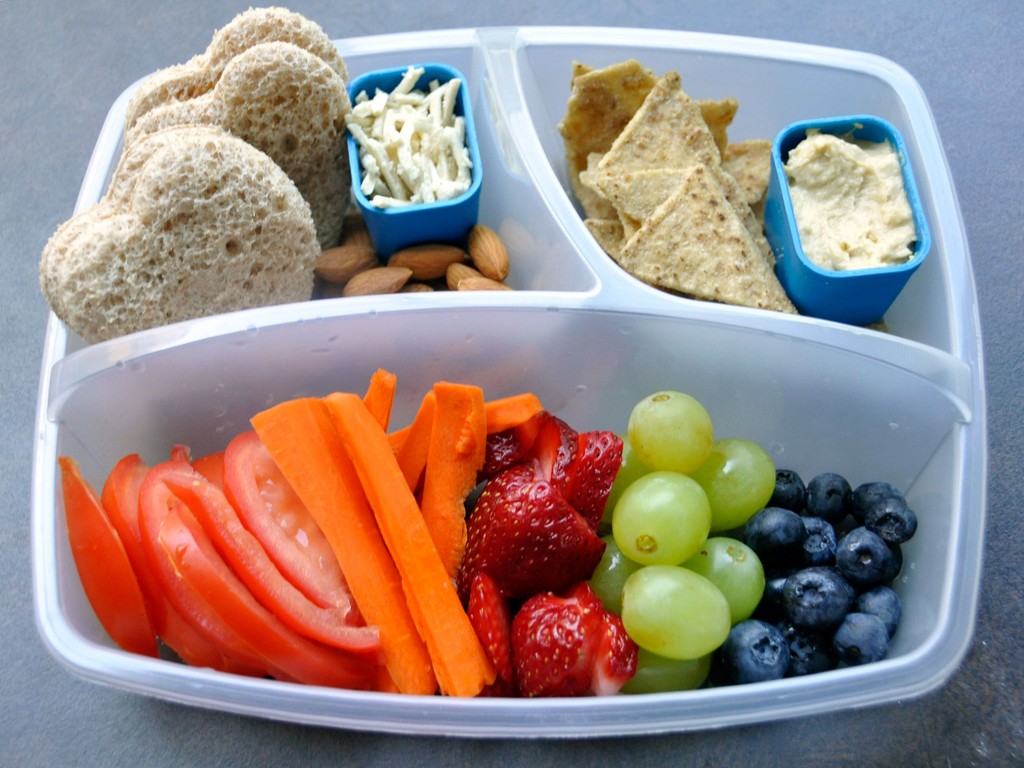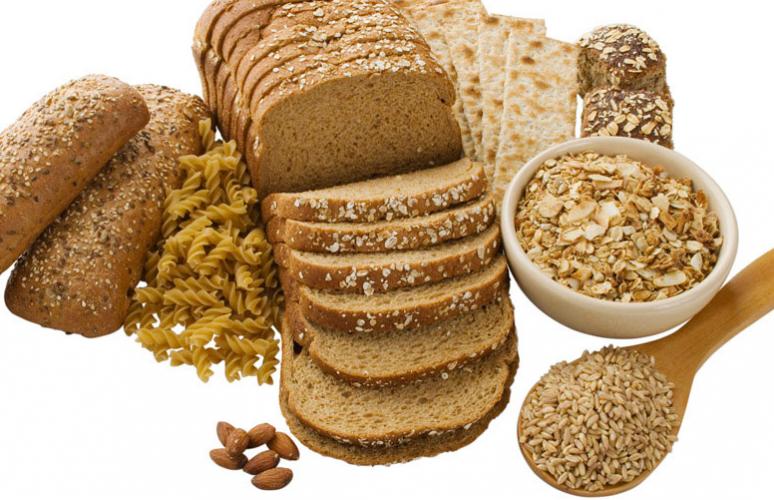We all know that sluggish feeling you experience almost right after you have had a good lunch. All we want is our beds to slump in to and get in a nice siesta. But there is obviously no way we can do this in the middle of a work day and you start questioning your choice of food during lunch. Why did you have to have that chicken rice? Why didn’t you opt for something lighter and with less carbs?
So what should we be looking out for in our lunch?
What could you have for a weekday lunch that is both fulfilling and yet will not make you feel sleepy thereafter? Will a salad suffice? Or perhaps something without carbs? The answer to the best kind of lunch to have to keep you awake is one that combines whole grains, lean protein and unsaturated fat.
But what if we can’t get an all-in-one meal?
More often than not though, it can be quite difficult to get a meal that meets all these requirements. On top of that, even if you can find something so perfect, it may not be very friendly on your wallet.

The only other way is to either make your own lunch at home and bring it to work (best way to control what you put inside your meal), or ensure you have at least one or two of the above mentioned prerequisites to keep your head from hitting the desk too soon after your mid-day meal.
Why would opting for whole grains, lean protein and unsaturated fat make a difference in our energy levels after lunch?
When you opt to have either whole grains, lean protein and/or unsaturated fat in your luncheon, you are also giving yourself a more stable energy level which will lead to alertness for several more hours after lunch.
 Photo Credits: Open source truth
Photo Credits: Open source truth
Whole grains are more slowly digested by our body as compared to refined grains (think white bread, white rice, some pastas and cakes). This allows for a more gradual rise in blood sugar, which leads to stable energy levels after eating. On top of that, whole grains provide a treasure chest of nutrients that range from fiber, B vitamins, and minerals like iron. Having whole grains as part of a healthy diet may also reduce the risk of heart disease, obesity, and diabetes. It can also aid in weight management and keep energy levels up throughout the day.
 Photo Credits: ncptsc
Photo Credits: ncptsc
It is important to also have protein rich foods throughout the day so that our bodies can continuously repair damaged tissues that are used in daily activities. Without enough protein in our daily diet, our energy levels may plummet, leaving us feeling fatigued. Try seafood, lean meat and poultry, beans and peas, eggs, soy, nuts, and seeds.
And we all know that in terms of energy, fat is the main fuel source for low to moderate intensity duration activities. Whatever you do, fat is necessary to ensure your body has the necessary energy to carry out the various activities you need to. Try to incorporate foods like avocados, peanut butter, nuts and seeds, and oils like olive, canola, soybean, peanut, safflower, and sesame.


